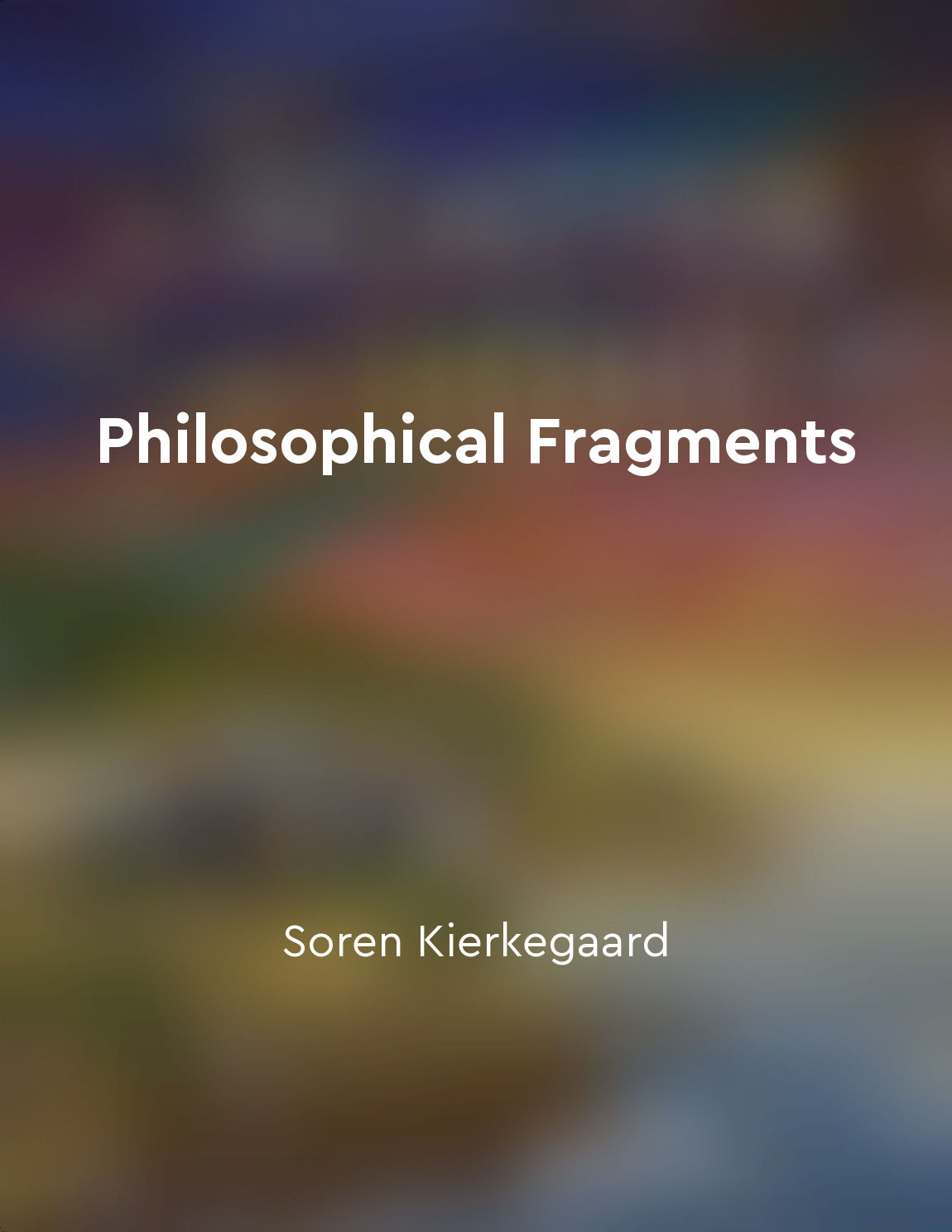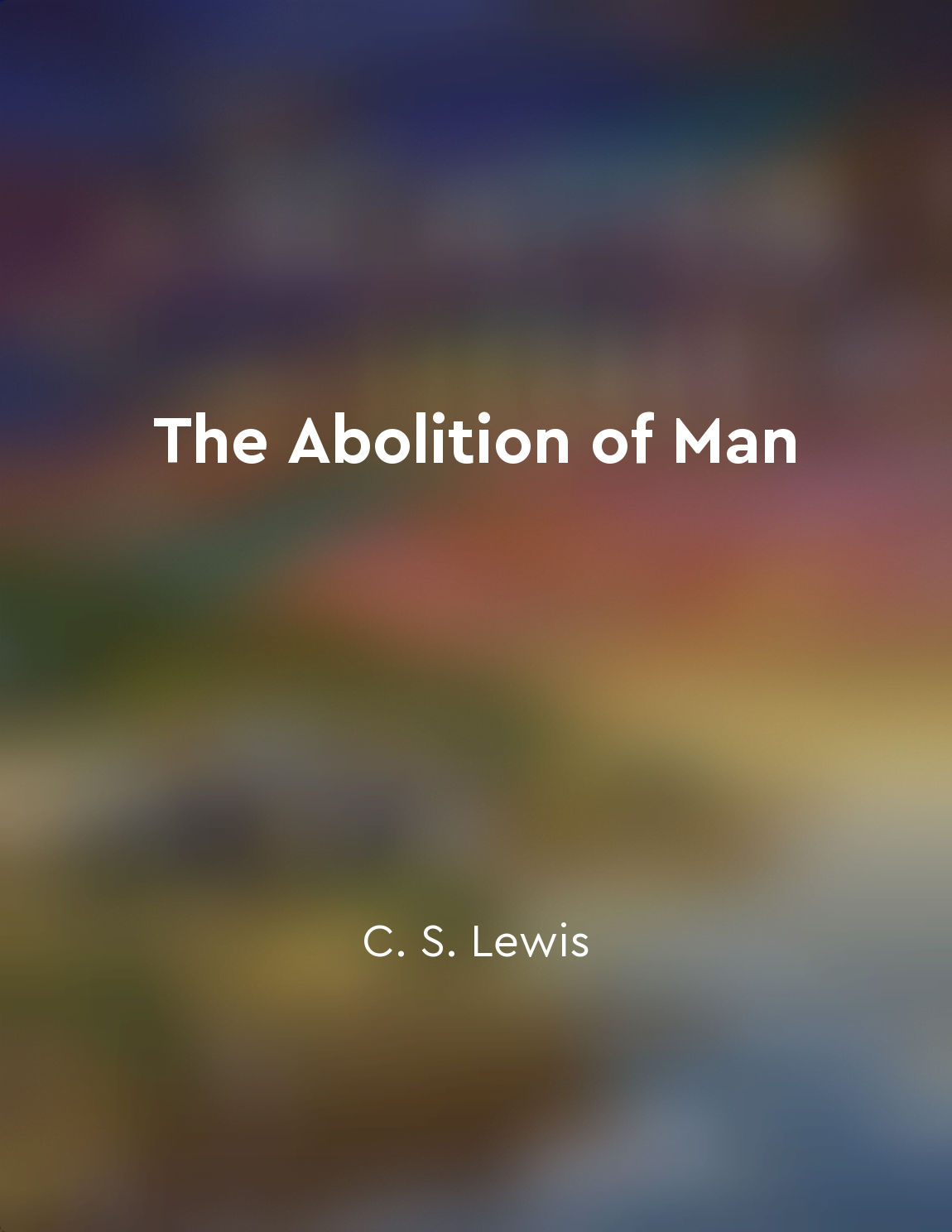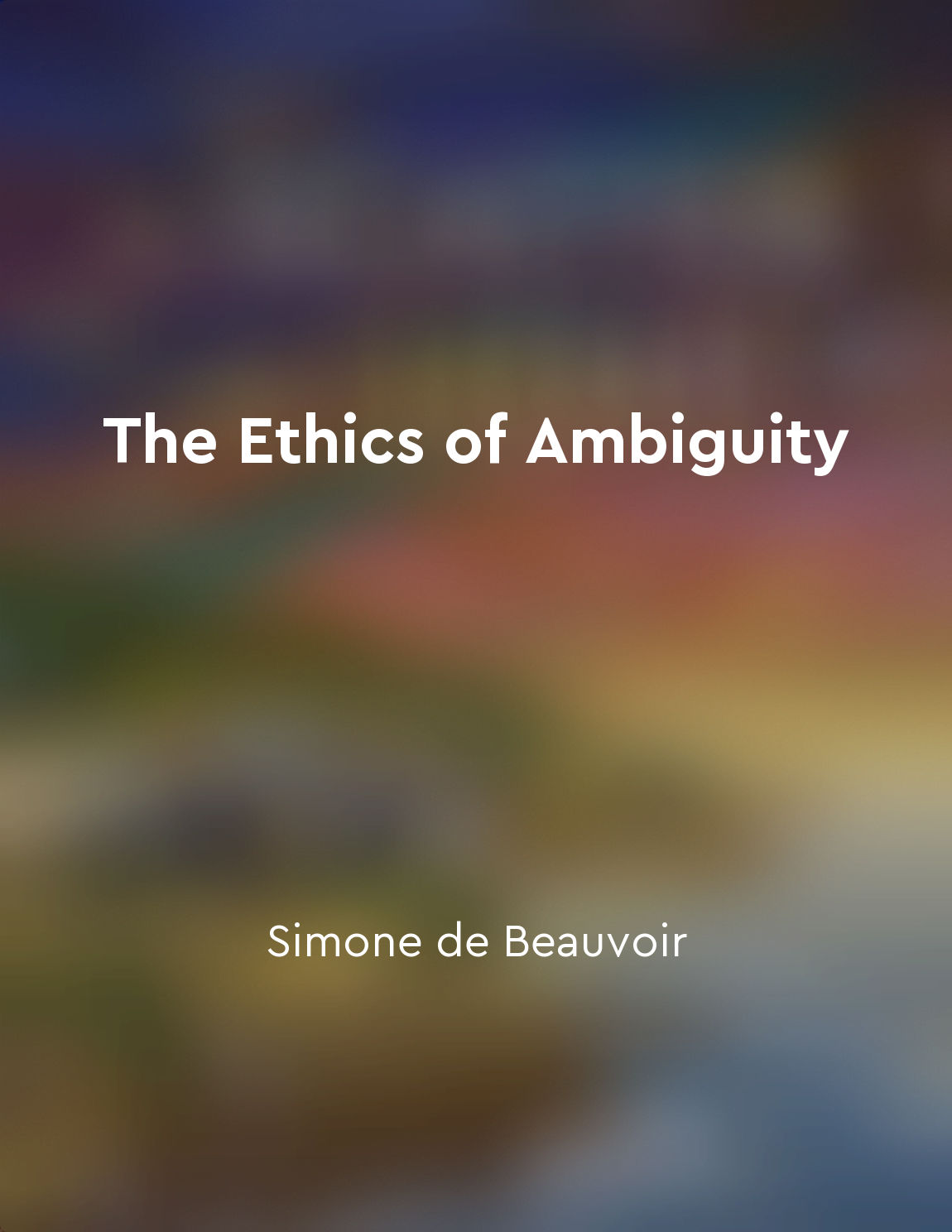Moral clarity is a myth; ambiguity is reality from "summary" of The Ethics of Ambiguity by Simone de Beauvoir,Bernard Frechtman
The idea that moral clarity is a myth stems from the recognition that ethical dilemmas are often complex and multifaceted, defying simple categorization into right or wrong. In the realm of human behavior, actions are not always clearly good or bad, but instead exist within a murky grey area of ambiguity. This ambiguity is inherent in the very nature of human existence, characterized by conflicting desires, values, and motivations that can lead individuals to make decisions that are difficult to judge definitively. Ethical decision-making is further complicated by the subjective nature of morality, which is shaped by cultural, social, and personal factors. What may be considered morally acceptable in one context could be condemned in another, highlighting the relativity of ethical standards. This relativity undermines any claims to absolute moral certainty, revealing the fluidity and complexity of moral principles. The recognition of moral ambiguity challenges the notion of a fixed moral code that can provide clear-cut answers to ethical questions. Instead, it calls for a more nuanced and reflective approach to ethics, one that acknowledges the inherent uncertainties and contradictions that define human existence. This approach requires individuals to engage in critical self-reflection and moral reasoning, grappling with the complexities of ethical dilemmas without the false comfort of easy answers. By embracing moral ambiguity, individuals can cultivate a deeper understanding of themselves and others, fostering empathy and compassion in the face of ethical challenges. Rather than seeking simplistic solutions or moral absolutes, they can navigate the complexities of moral decision-making with humility and openness, recognizing the inherent messiness and uncertainty of human ethics. In embracing ambiguity, individuals can confront the inherent contradictions and tensions that define moral dilemmas, acknowledging the limitations of their knowledge and perspective. This humility opens up space for dialogue and mutual understanding, fostering a more compassionate and inclusive ethical framework that is responsive to the complexities of human experience. By embracing ambiguity, individuals can move beyond the confines of rigid moral categories and embrace the rich tapestry of human morality in all its complexity and diversity.Similar Posts

To be authentic is to live in accordance with one's own values and beliefs
In order to truly live an authentic life, one must strive to align their actions with their innermost values and beliefs. This ...
Love is knowledge of the eternal
Love, according to Spinoza, is not an emotion or a passion that arises and disappears with changing circumstances. It is a deep...
The balance between reason and emotion is a core concern
The interplay between reason and emotion stands at the heart of philosophical inquiries into human nature and ethics. How are w...

Ideologies influence political decisions
Ideologies shape the way we perceive the world, providing us with a set of beliefs and values that inform our political decisio...
Traditional values are being eroded by virtue signaling
The erosion of traditional values by virtue signaling is a phenomenon that has become increasingly prevalent in contemporary so...

The need for an integrated understanding of reality
In order to truly grasp the essence of reality, one must strive for an integrated understanding that goes beyond mere fragmenta...

The individual must resist simplistic moral frameworks
The demand for clarity is essential in the realm of ethics. To confront the complexity of human existence, one must resist the ...

Importance of recognizing universal standards of behavior
The concept of recognizing universal standards of behavior is crucial for the proper functioning of society. These standards pr...
